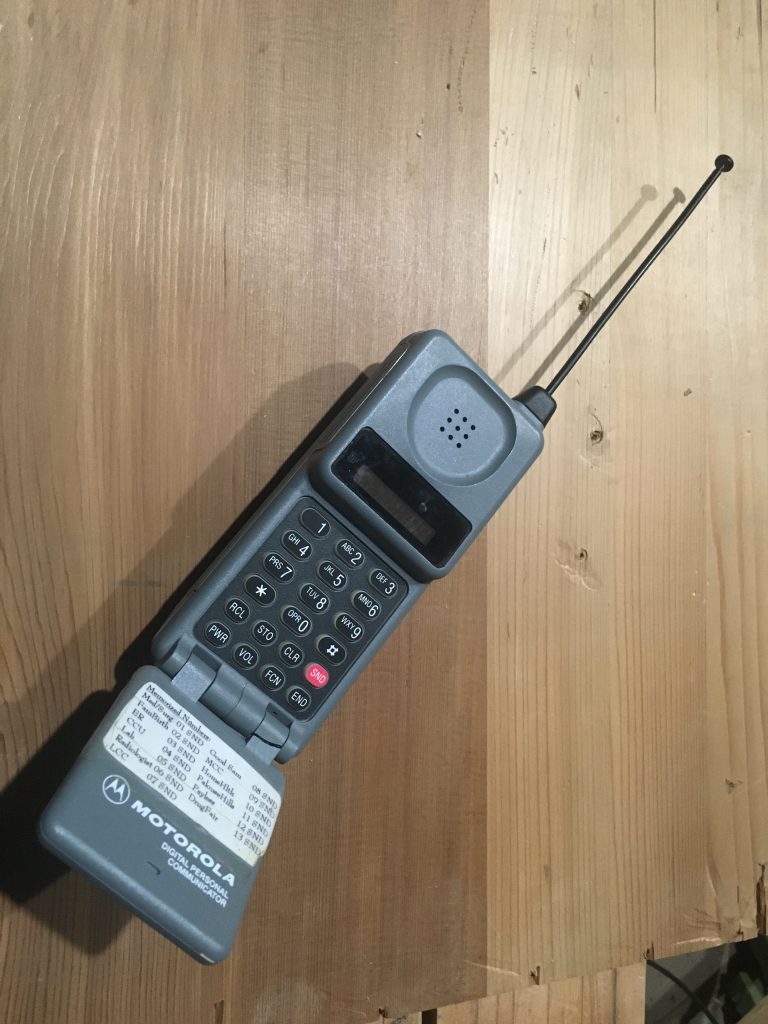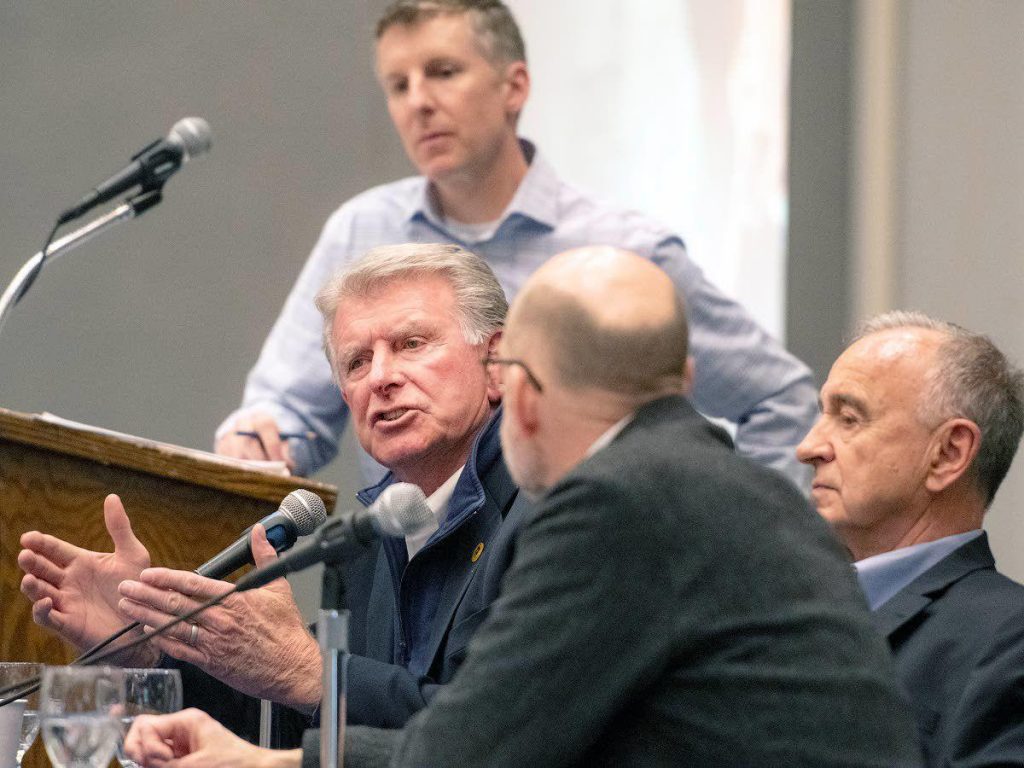About a month ago when the shutdown was starting and the Corona virus was just starting to kill people in serious numbers in this country we had an uncomfortable conversation in our kitchen. It didn’t go well. I share it with you so maybe you can do it better.
Two of my grown daughters live just down the street from Martha and me. We have dinner together most nights. Sometimes we even play pinochle after dinner.
It seems so long ago, but the news was full of the concern for medical supply shortages. I had experienced in the clinic the difficulty with getting tests done, but the shortage of personal protective equipment was hitting my daughter who is an ICU nurse. What got the conversation going was the talk of the shortage of ventilators.
When people get really sick with Covid 19, their lung tissue leaks fluid and they can’t get oxygen in. Lungs are delicate sponges and they don’t function well when those little air sacs are full of your serum. I had read about the seriously ill patients in China and Italy and how many needed ventilator support to oxygenate. A month ago, I could not find good information how well patients responded to the mechanical ventilation, but I assumed they had a high mortality rate. Indeed, a recent report from New York suggests 90% of Covid patient who get intubated and placed on ventilator support do not survive. It’s 97%+ for those of us over 65.
The difficulty in the conversation with my daughters came up when I said, “Don’t let them put me on a ventilator!” They thought I was saying I don’t want to live. But that’s not what I wanted to say. I just don’t want to be treated like that.
I have intubated patients. When a gunshot or car wreck victim shows up in the ER and can’t breathe because of chest or lung injuries, we paralyze them with drugs and slip a tube past their vocal cords, inflate a little cuff near the end and now, their air way is secure and we can pump oxygen into their lungs, then treat their injuries.
I don’t resent patients who might want this level of care. Most patients want to be treated in a way that reflects their values. But unfortunately, when doctors need to slip that tube past your vocal cords, we usually don’t have time to have a comfortable, honest conversation about how the patient wants to be treated. That’s why it is so important that your loved ones can speak for you about your values.
And that’s what caused the difficulty with my daughters. They don’t want me to die. I don’t want to die either. But I will, and so will they. And I want my life, and my death to reflect my values. Mechanical ventilation doesn’t suit me. They came to accept this.
It is a hard assignment for family members to speak for the patient who can’t. So often, the “Do everything, doc” sentiment is a surrogate for an expression of love. If we don’t do “everything” it means we don’t love them. I wanted my daughters to know I felt their love, I know their love, but they could best express their love by sharing my values with my caregivers.
I gave the legislature grief this last session for not updating the End of Life document (POST) the state authorizes. If you’ve filled on out (I have) the piece of paper with your check mark and signature have been in a filing cabinet in the Secretary of States office. The legislature killed a bill to move this to a secure data base managed by the Department of Health and Welfare. But when the Department brought back the same proposal with a 75% discount on the cost, it passed easily; good job.
I encourage you to fill out the form. But more important, share your values with your loved ones. Let them know.









